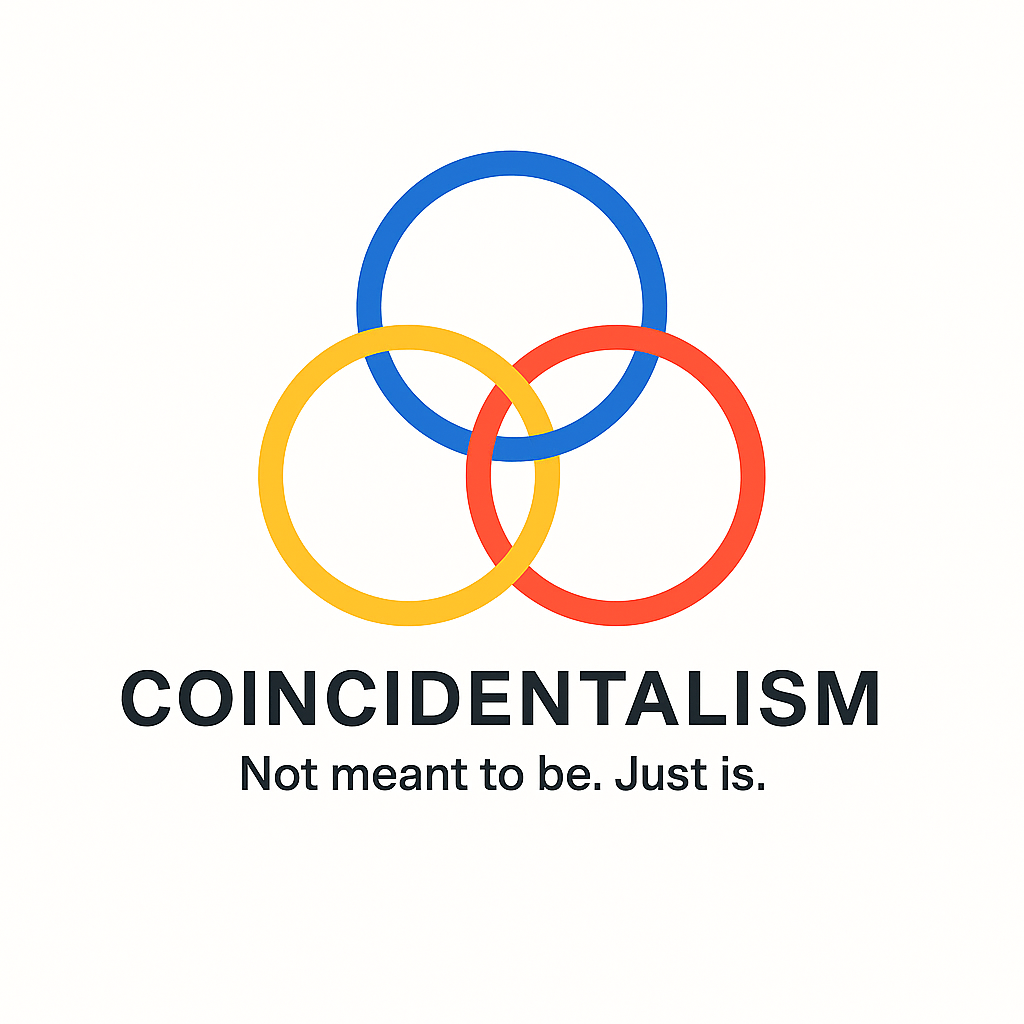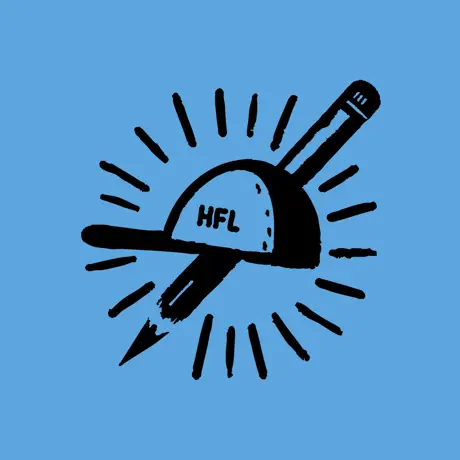Listening to comedian Tig Notaro on a recent podcast, she expressed insecurity over failing to complete high school. She worries that there are large gaps in her knowledge base because she left high school early and instead earned a GED.
I wanted to jump through my headphones and let Tig know that she has nothing to fear.
As I look back on my life, I can state with certainty that the majority of my knowledge has come from learning done well after high school and even college.
Included on this list is the following:
- All of post-Civil War history (and much of my pre-Civil War history, too)
- All of physics
- My entire understanding of the US tax code
- All of economics
- My entire understanding of the US stock and bond markets
- All of computer technology and the practical use of computers
- All of mechanical engineering
- My entire understanding of the publishing industry
- Almost all of my understanding of Judaism, Islam, and Buddhism
- Nearly all of of US politics, as well as the politics of at least a dozen other nations
- All of space exploration
- Almost all of my knowledge and skills relating to food and food preparation
- My entire understanding of the mathematics and strategy of poker
- My entire understanding and practical use of business management strategies
- All of television and movie history
- All of sports-related history
None of this was learned while attending school. School certainly provided me with the foundational skills that allowed my lifelong pursuit of knowledge to succeed and thrive, but most of the actual knowledge and understanding that I hold in my mind has come long after all of my formal schooling was complete.
It’s a good reminder to teachers, especially in during the pandemic when so much classroom time has been lost.
If you don’t get your students all the way through the Age of Exploration, it’s okay. If your freshmen don’t read The Grapes of Wrath, it’ll be fine. If your middle schoolers haven’t mastered the quadratic equation yet, it’s not the end of the world. While our goal is to convey an understanding of certain topics to our students, our primary goal is to help them develop the skills needed to continue to learn far into adulthood.
They need to be able to read and hopefully fall in love with reading. They need to be able to write well. They need to develop an insatiable curiosity for the world around them.
It’s essential that they develop critical thinking skills. They must learn to work collaboratively, competitively, and productively with other people. They need to develop a sense of acceptance, empathy, and appreciation for others. They need to learn to be kind, considerate, and polite.
They need to know how to find information. How to parse sources. How to ask good questions and evaluate the quality of their answers. They need to know that their effort and focus will be directly linked to their future success. They need to learn how to take care of themselves and take care of others.
Our goal as teachers is not to produce a complete human beings, filled with the knowledge and skills required to conquer the world. We want our students to be lifetime learners. Critical thinkers. Engaged Americans.
Tig Notaro is all of these things.
If she doesn’t understand Keynesian economics or Schrodinger’s cat or Moore’s law, that doesn’t matter one bit. All of that can be learned at any point in life if you’re an intellectually curious citizen.
In today’s world especially, with nearly all of human history available on the machine in your pocket, knowledge is not power. It’s the skills and desire to access that knowledge and critically examine and make use of it that matters most.
In that regard, Tig Notaro is brilliant. If I were her teacher, I would be so damn proud of her.










